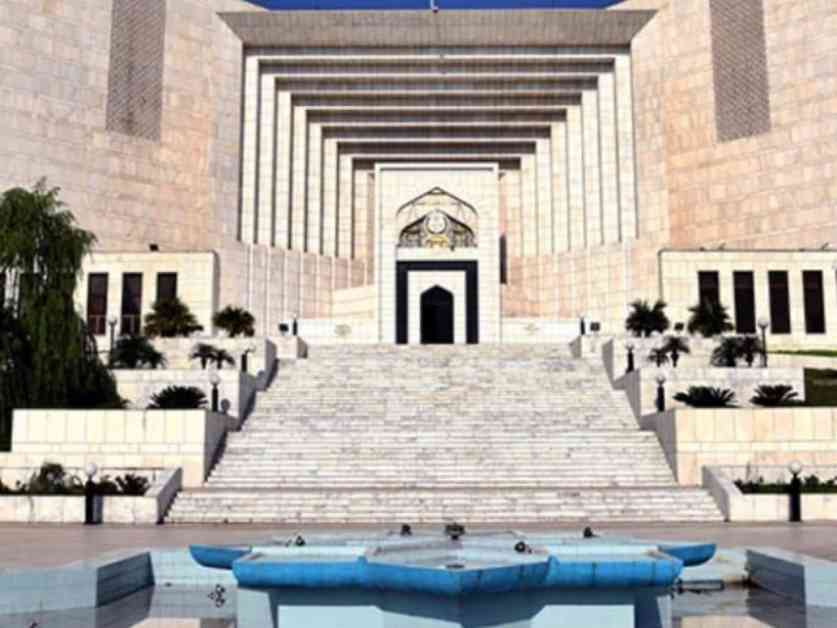Former Chief Justice of Pakistan (CJP) Jawad S Khawaja has stirred up a storm in the legal world by challenging the Supreme Court’s decision to fine him Rs20,000 for alleged delays in a military court trial case. In a bold move, Khawaja has filed a petition denying any responsibility for the delays and presenting evidence to support his claim.
Denial of Delays and Advocacy for Rights
Khawaja’s petition adamantly states, “There has been no delay by the Petitioner.” He backs up his assertion by pointing to the records, which he claims clearly show his repeated attempts to expedite the proceedings. The former CJP even went a step further by highlighting two early hearing applications he had submitted to prioritize the appeal. According to Khawaja, blaming him for the delays not only lacks merit but also unjustly compromises the rights of individuals held in military custody.
Constitutional Concerns and Judicial Independence
Beyond defending his reputation and actions, Khawaja has raised crucial constitutional questions that have sent shockwaves through the legal community. Of particular concern is the 26th Amendment, which established the judicial commission responsible for appointing the current constitutional bench. Khawaja argues that if this amendment is called into question, the decisions made by the bench could be rendered legally void, creating a dangerous gap in judicial impartiality.
The former CJP warns that allowing decisions of a Constitutional Bench to stand when the bench itself is declared unconstitutional would be a grave injustice. He emphasizes that such a scenario would erode citizens’ access to justice and fundamental rights, undermining the very foundation of the legal system.
Critique of Government Influence and Bias
Khawaja does not stop at questioning constitutional procedures; he also takes aim at the involvement of government officials in the judicial commission. He suggests that the presence of government members in the commission could lead to biased appointments of judges, especially in cases involving state interests like military trials of civilians. This, he argues, raises serious doubts about judicial independence and calls into question the integrity of the legal system.
In a legal battle that has far-reaching implications for the judiciary and the rights of citizens, Jawad S Khawaja’s challenge to the Supreme Court’s decision is shaping up to be a defining moment in the fight for judicial independence and fairness.









